Diaspora Diplomacy: Diwali Parties, Donations and Discussions on the Hill
Indian American leaders call for a mix of quiet diplomacy, political giving, and cultural outreach to strengthen U.S.–India ties amid shifting global dynamics.
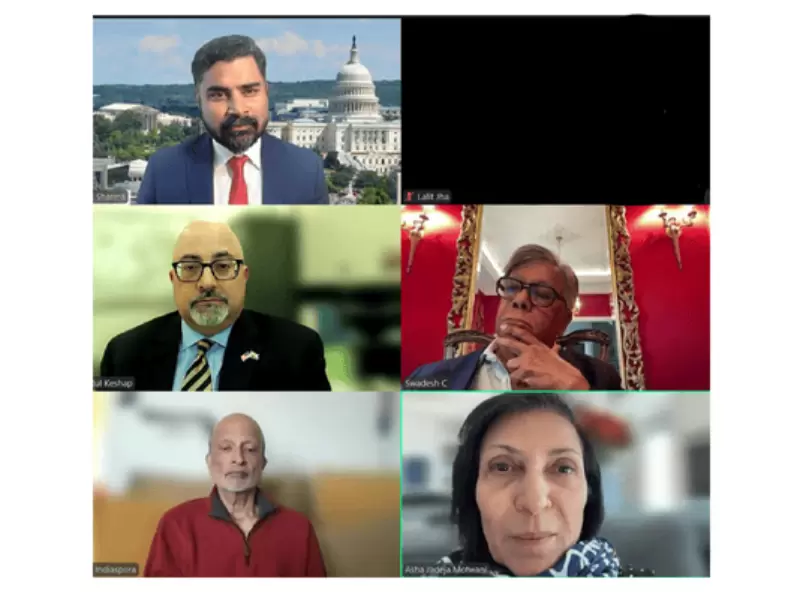 India Abroad Dialogue– “Speaking Up or Staying Quiet? Diaspora Perspectives on US and India” / New India Abroad
India Abroad Dialogue– “Speaking Up or Staying Quiet? Diaspora Perspectives on US and India” / New India Abroad
From festive Diwali receptions to quiet strategy sessions on Capitol Hill, Indian American leaders are rethinking how to best influence the evolving U.S.-India relationship at a time of global uncertainty and domestic polarization.
At the latest edition of India Abroad Dialogue– “Speaking Up or Staying Quiet? Diaspora Perspectives on US and India”, on Oct. 7, former U.S. diplomat and president of the US-India Business Council (USIBC), Atul Keshap, emphasized the need for restraint and nuance, especially amid the current strain in bilateral ties.
“I think for the diaspora, looking at these last few months, the thing that they probably ask themselves is, how can they be effective? How can they be helpful? How can they be constructive? And sometimes, in moments like this, it’s better to engage in quiet diplomacy, you know, and not shout from the rooftops,” he said.
M.R. Rangaswami, founder and chairman of Indiaspora, expanded the discussion by situating the diaspora’s contributions within a broader economic and social context. “We’re five million strong in the U.S., and you have to understand the split — about 60 percent were born in India, and 40 percent here,” he explained. “So when people ask why the diaspora isn’t speaking out, I remind them what we already do for India.”
He emphasized the diaspora’s tangible economic impact. “First of all, the diaspora as a whole has remitted last year $135 billion to India, out of which $30 billion came from the U.S.… This capital from the U.S. is investing in India.”
Rangaswami also emphasized the diaspora’s broader footprint in the United States. “We are one percent of the U.S. population but pay six percent of the taxes,” he said. “There are 75,000 Indian American doctors serving 30 million patients, 22,000 academics teaching millions of college students, and 36,000 yoga studios spreading wellness and meditation.” He added, “We live here, work here, and create our wealth here—but we also help India.”
Swadesh Chatterjee, a veteran community organizer who helped lobby for the landmark U.S.–India civil nuclear dealin 2008, recalled how Indian American engagement helped transform U.S.–India relations. When India conducted its nuclear tests in 1998, it was placed under sanctions. However, Indian American activism, in collaboration with leaders such as Senator Jesse Helms, played a significant role in lifting those sanctions and paving the way for President Clinton's 2000 visit.
He credited the diaspora’s advocacy for shaping major policy milestones. “Without Indian American involvement, we would never have had the U.S.–India civil nuclear deal,” Chatterjee said. “We were never lobbyists for the government of India or for the nuclear industry,” Chatterjee clarified, adding that the community lobbied for the measure as it would help increase trade and benefit both nations.
He urged the diaspora community to be visible in the local community and assert influence. “We are affluent. We contribute so much to this country… We have to make more noise in Washington,” he added.
Turning to the political dimensions of engagement, Asha Jadeja Motwani, venture capitalist and founder of the Motwani Jadeja Foundation, said that while Indian Americans have traditionally leaned Democratic, more members are now building bipartisan relationships. Calling herself a “recent Republican convert,” she spoke candidly about learning how political influence works in Washington.
“The best thing that seems to work is to write a check towards certain things,” she said. “Maybe help towards elections. Maybe support some candidates. Go for dinners hosted by the Republican Party, and get to know people — start forming relationships with the Republicans,” she suggested.
Jadeja said her outreach to Republican leaders, including J.D. Vance and Lindsey Graham, has helped her understand how narratives about India can be reframed. “Senator Graham told me India should position itself as a peacebuilder between Russia and Ukraine,” she said on the russian oil issue, advocating for more effort from the Indian government to build a flavorful narrative in Washington, D.C.
The speakers collectively agreed that sustained engagement through celebration, civic engagement, and political giving would shape how Washington and New Delhi see each other in a rapidly changing world.



 Avani Acharya
Avani Acharya1749497506.png) Malvika Choudhary
Malvika Choudhary.jpg)
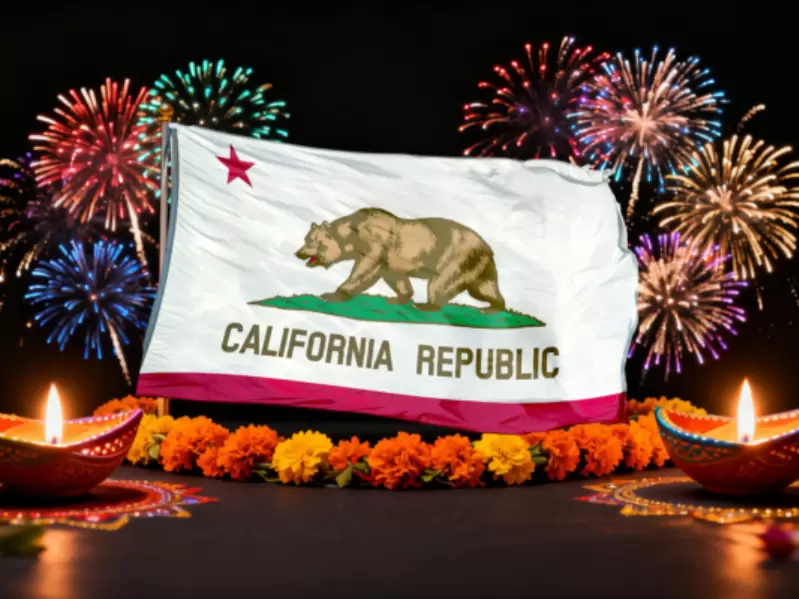
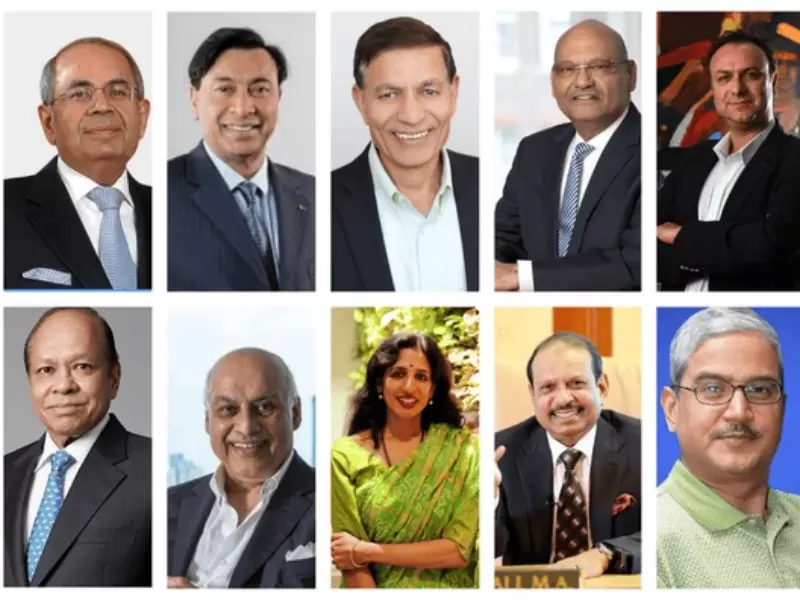
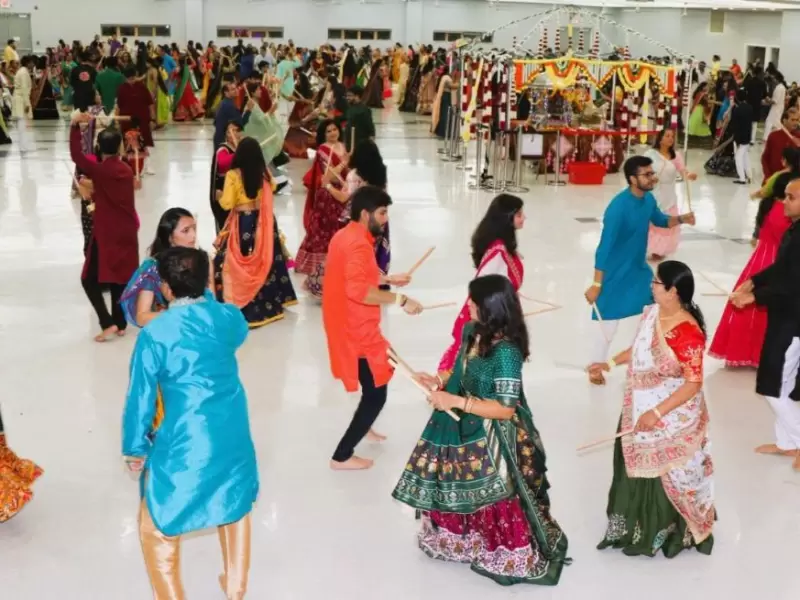
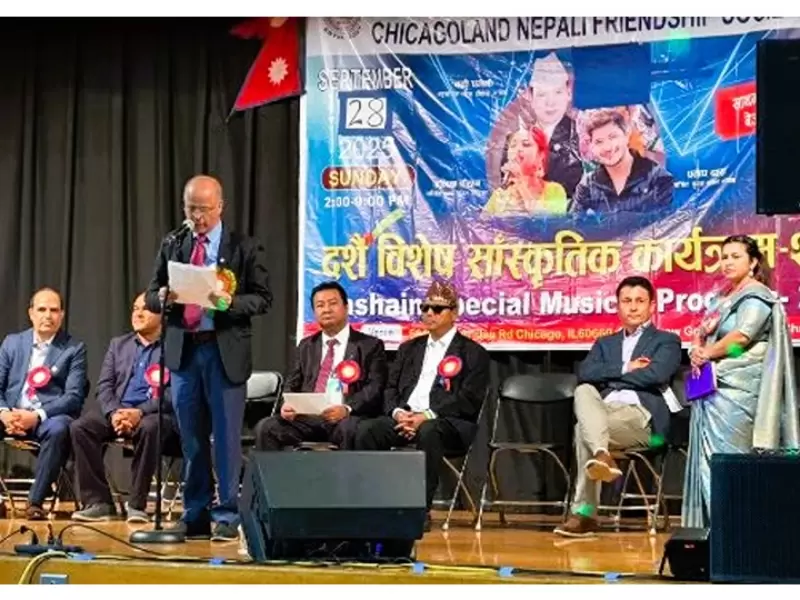

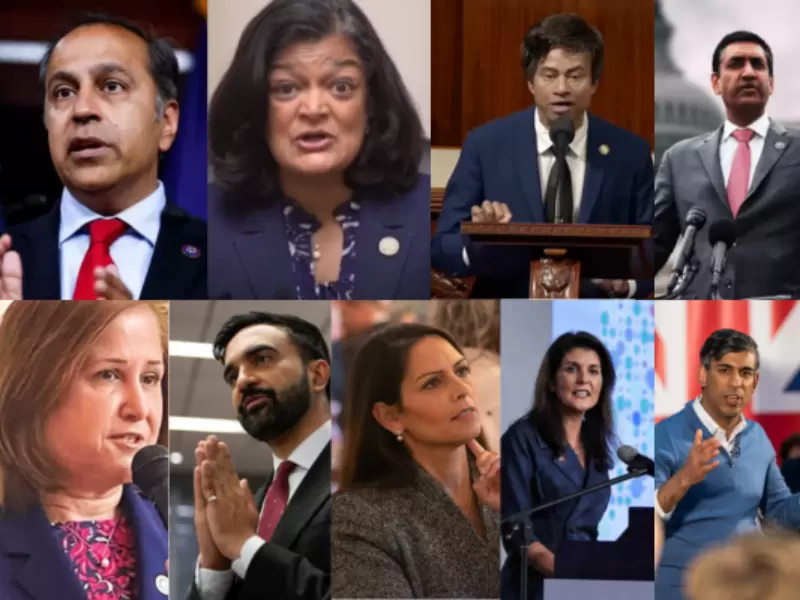
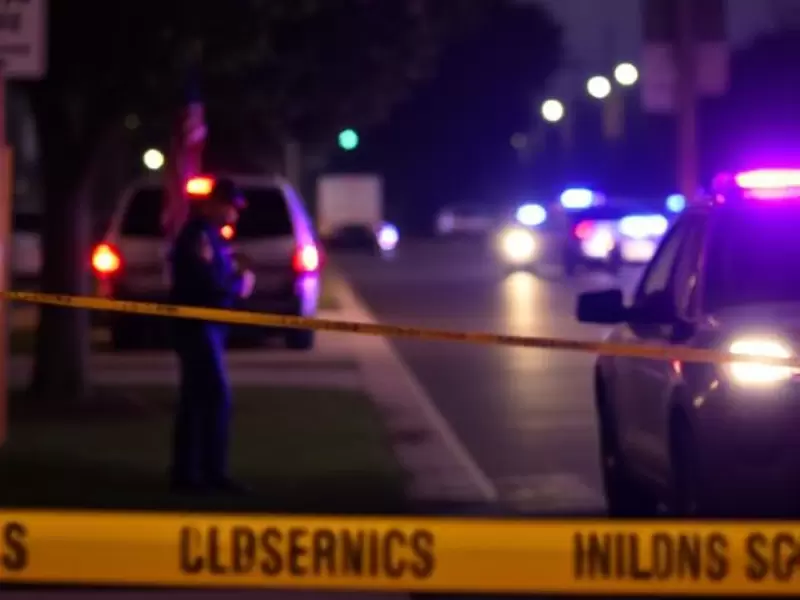
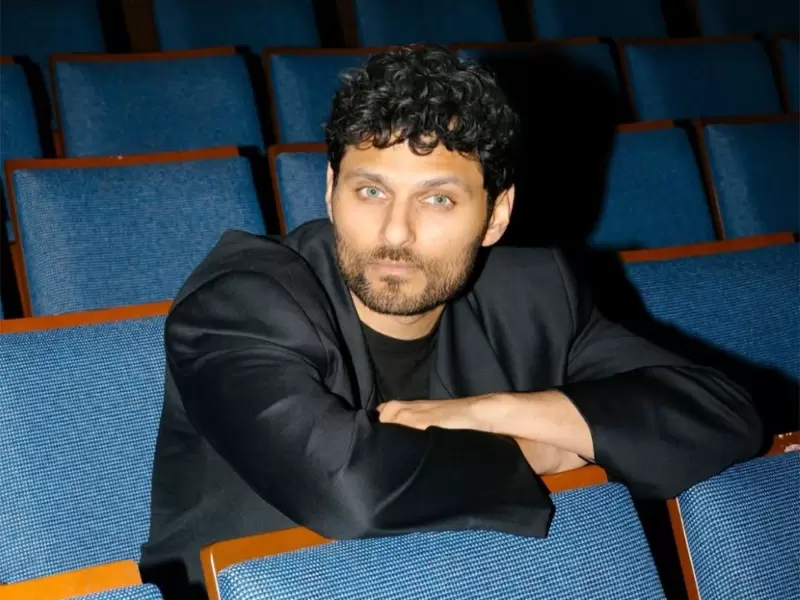

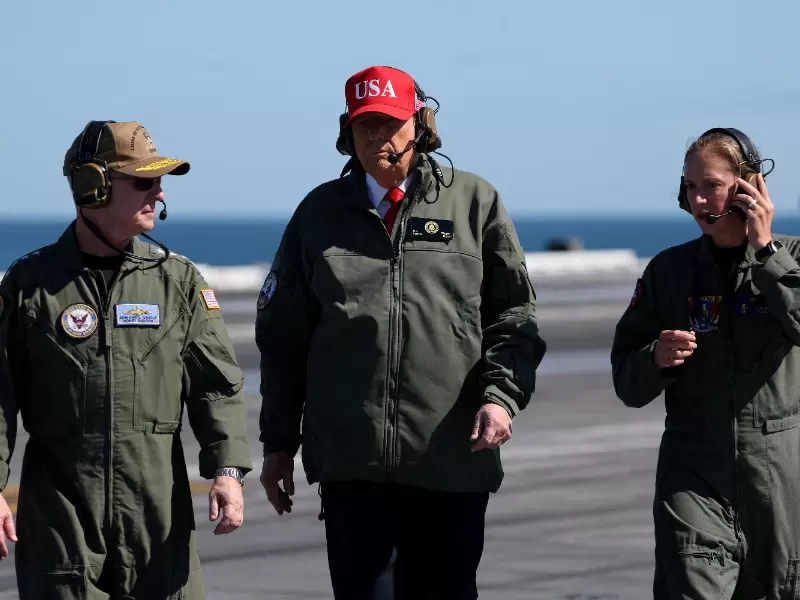




Comments
Start the conversation
Become a member of New India Abroad to start commenting.
Sign Up Now
Already have an account? Login